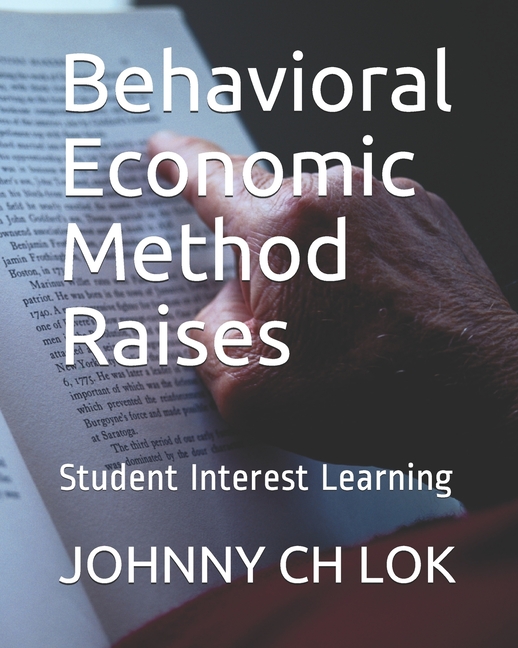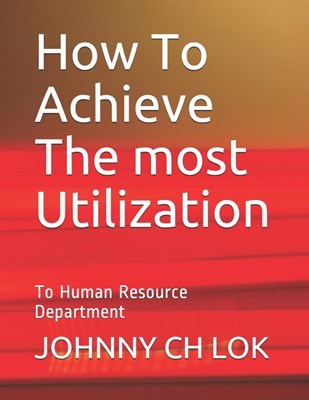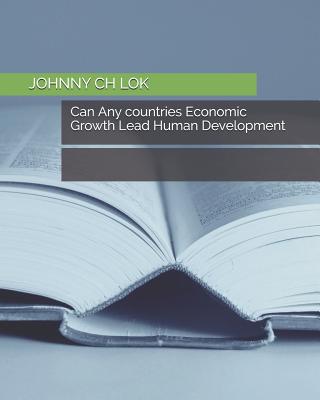
Asia Education And Productivity Relationship
A key feature of these models is a theory of technological progress, viewed as a process whereby purposeful research and application lead over time to new and better products and methods of production by developed economic globalization. The recent growth models are useful for understanding why advanced economies and the world is as whole, can continue to grow in the long run despite the workings of diminishing returns in the accumulation of physical and human capital.
| Quantity | Price | Discount |
|---|---|---|
| List Price | $25.00 |
Non-returnable discount pricing
$25.00
Book Information
| Publisher: | Independently Published |
|---|---|
| Publish Date: | 07/14/2019 |
| Pages: | 30 |
| ISBN-13: | 9781080469567 |
| ISBN-10: | 1080469567 |
| Language: | English |
Full Description
A key feature of these models is a theory of technological progress, viewed as a process whereby purposeful research and application lead over time to new and better products and methods of production by developed economic globalization. The recent growth models are useful for understanding why advanced economies and the world is as whole, can continue to grow in the long run despite the workings of diminishing returns in the accumulation of physical and human capital. These countries include, e.g. America, England which are observed to be rich and high tend also to be those that have high long run target levels of per high capita output in a setting that includes human capital and technological change. So education is also essential to raise labour knowledge and technological level to assist developed countries, e.g. USA, UK, to raise productivity to achieve economic growth. So, the developed or developing countries' both government policies and education institutions need to concern their national population to arrange the different primary, secondary and tertiary educational policy to educate to develop whose students to develop different professional and knowledgeable and skillful abilities to already develop their careers in different nature of jobs to enter their societies to work nowadays. However, if we were the identify how education contributes to cause economic growth in any Asia developing countries. We need to compare states that have a similar distance to the frontier and yet choose difference pattern of investment in education. For example, building a new school for a research university, the process is when a vacancy arises on an committee that controls expenditure. Because governments and universities need to concern what the labour market demand, so the research university can decide prefer to choose what kinds of subjects to be taught to its potential students, e.g. medical or architect or law or engineering or business or social science, computer science etc. subjects among of them subjects, which subjects will be chosen to be taught to its potential students preferably. So, the job demand market research is very important because it can help the research university to choose what the preferable subjects will be demanded to supply to the labour market increasing in any one of Asia developing countries within future three or five years. Theories of economic growth have emphasised the role of human capital which may affect economic growth. Human capital is as an extra input in the aggregate production function, where the output of the means economy is a direct function of factor inputs: physical capital, labor and human capital. However, technologies can raise innovate capacity of economy through developing new ideas. So, education was seemed that it could be raised graduated students' abilities to raise productivity to any one of Asia developing countries by high technological skill.











